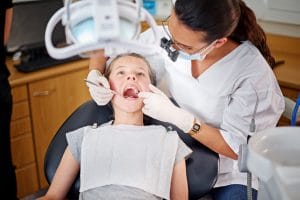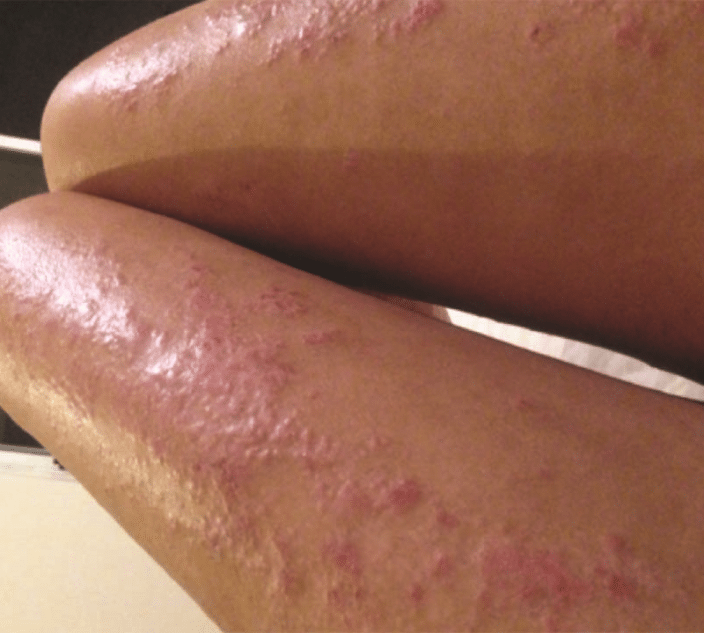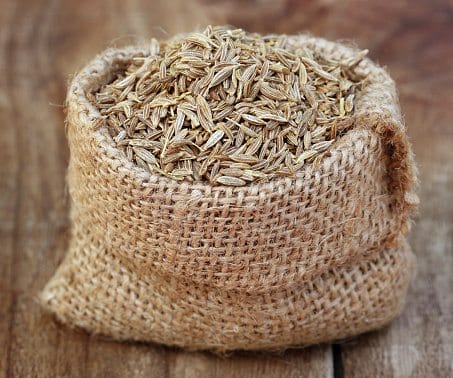 Photo: Getty
Photo: Getty In Australia, a report has surfaced of a 12-year-old girl, who has a milk allergy and other food allergies, suffering symptoms of an allergic reaction to a tooth treatment.
According to the non-profit Allergy & Anaphylaxis Australia (A&AA), the girl’s mother recognized that her daughter was starting to experience a severe reaction. She sprang into action and administered the girl’s epinephrine auto-injector while the dental staff called for an ambulance. The girl was observed in hospital for four hours, and recovered fully.
The “tooth mousse” used in the girl’s dental treatment contains milk protein, and Allergic Living cautions readers to ensure they make dental staff aware of allergies on every visit, even if a medical history form was previously filled out. The most frequent issues at the dental office will arise with allergens such as latex, milk or gelatin.
In April 2019, a California family lost their daughter, Denise Saldate, after she suffered a swift and fatal anaphylactic reaction, right after brushing her teeth with a medicated toothpaste.
Neither Denise, who was 11, nor her mother realized that milk, which the girl was allergic to, could be in toothpaste. But that medicated toothpaste, which was meant to strengthen her tooth enamel, contained the ingredient Recaldent, which is made from milk protein.
Following Denise’s tragedy, the American Academy of Allergy, Asthma and Immunology published an article, noting that ingestion of an allergen can occur through mucosal membranes, including those in the mouth.
The article says: “Other examples of allergens being absorbed into the bloodstream from mucosal surfaces include latex from dental dams used in the mouth and gelatin-containing sponges used during surgery.”
And it stressed that patients and families “need to inform medical and dental providers about their food and other allergies.”
A&AA wrote of the Australian girl’s reaction in a June 21 article for the Australian Dental Association, linked here. The article informs dentists of the case and why “it is critical that dentists keep accurate and current medical histories for each patient.”
It notes that the mother in this case had informed the dentist’s office of her daughter’s allergies, but a product called GC Tooth Mousse Plus was still used, and it is labeled as containing Recaldent.
A&AA’s article reminds dentists to be aware of each patient’s medical history and advises: “It is a good practice to ask a patient if there has been any change to their history since you last provided treatment. This should include any medication they are taking and any recently diagnosed allergies including food substances.”
Related Information: A Canadian dentist has written a helpful blog post about allergies and visiting the dentist.





